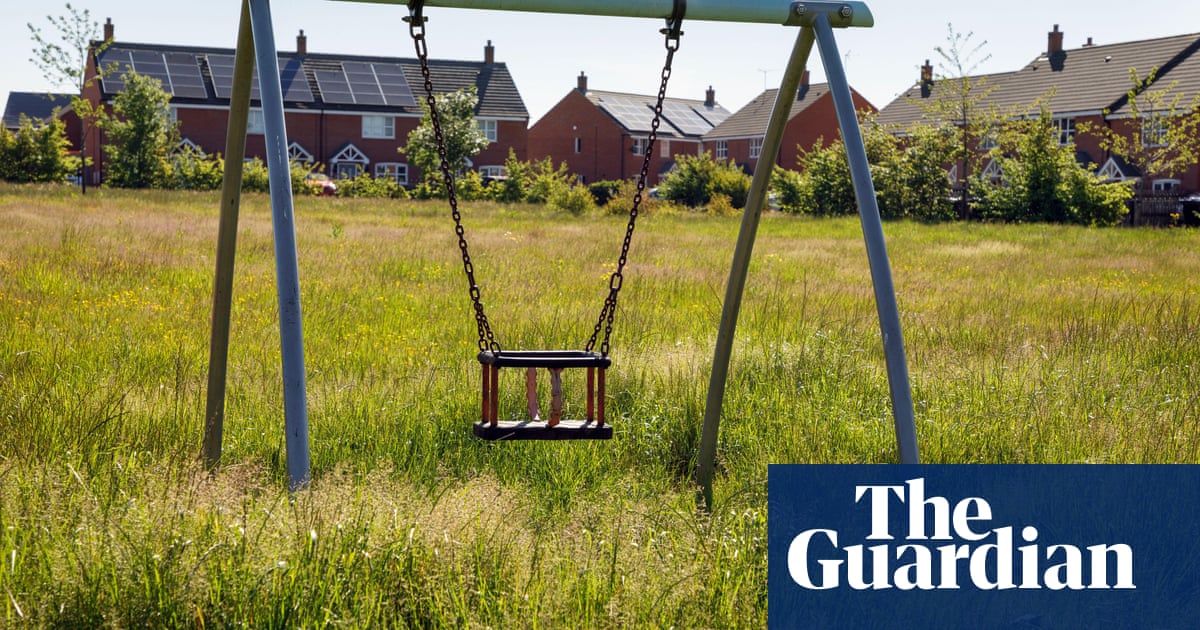
Some 70,000 women and children previously associated with Daesh are being held in northern Syrian camps controlled by the Syrian Democratic Forces (SDF), a mostly Kurdish militia that helped defeat the terrorist group with the backing of the US, UK and other members of the international coalition. Of them, some 12,000 to 13,500 are estimated to be from outside Syria and Iraq. These are spread primarily across two camps — Al-Hawl and Al-Roj. A further 2,000 foreign men are believed to be held in a separate prison network. Furthermore, it is estimated that about two-thirds of the foreign children are aged under 12, with most under five. What can and should be done with these people?
An international task force to lead inquiries into the actions of Daesh supporters should be the vehicle through which European countries assume responsibility and control over all their citizens currently detained in the SDF camps in Syria. This joint effort should gather evidence for prosecuting the crimes committed by individuals affiliated with Daesh. Plea deals for the return of some men could be made contingent on collaboration with authorities. Local journalists and investigators could be employed to gather the evidence to build such cases, as per already-established precedents.
Fortunately, there is already some movement toward something like this. Last year, the Swedish government sought support from European allies for an international tribunal to prosecute war crimes perpetrated in Iraq and Syria by Daesh fighters. And, this month, Germany began the unilateral prosecution of individuals believed to have committed crimes in Syria, under the concept of universal jurisdiction. The German government and the legal experts involved should be consulted regarding evidence gathering and prosecuting. There are also precedents in the international courts established to prosecute crimes committed in Rwanda and the former Yugoslavia, which could serve as models for a tribunal based in Iraq.
Those found guilty could serve sentences in Iraq and, where possible, treated with the latest and best deradicalization programs. Those acquitted; those who are themselves found to be victims of the abuses of Daesh; and the children who have witnessed the horrors of war and the abusive indoctrination should be repatriated and given adequate psychological, psychiatric and even spiritual support, with the aim of fully reintegrating them into mainstream society. This really is the only way to defuse the potential threat they pose to our societies in the long run.
The initiative to deliver proper judicial accountability for individuals will inevitably require time to implement properly, so the pro-socialization initiatives will need to start even before any repatriation program is instituted on its basis — certainly for the younger children. Thus, the establishment of youth rehabilitation centers can serve as an immediate and relatively straightforward solution, building on and developing the existing youth facilities already present in the region for these purposes.
For example, facilities such as the Hori center near Qamishli are already functioning as juvenile rehabilitation facilities. Actors must work quickly to scale up their capacity, and they should be able to do so with funding and expertise from European states and international nongovernmental organizations. The Hori center’s deradicalization abilities are currently limited, but they do offer a means by which orphaned children can be taken out of the camps and given the close monitoring and support they may need, without the legal hurdles of immediately repatriating them to European countries.
NGOs, legal groups, and social and health care workers are far better able to evaluate and support children held in the Hori center, as opposed to trying to work directly in the environment of camps such as Al-Hawl. Thus, facilities of this kind can offer something like a halfway house while long-term solutions are pursued. The international community would do well to supply psychological, social and legal experts to be permanently based in these centers.
The establishment of youth rehabilitation centers can serve as an immediate and relatively straightforward solution.
Dr. Azeem Ibrahim
Here, children would continue to have access to their family members, but would be offered structure, housing where required (such as for orphans), education and medical support. European governments could work with staff on the ground to predetermine the best strategies, on an individual basis, for repatriating and resocializing every child.
To make these things possible, an increase in aid will obviously also be necessary. The humanitarian situation in the camps has been widely denounced by aid agencies for years, as they have struggled with access and funds. The lack of political will to deal with Daesh supporters and their families is matched by a lack of resources to adequately meet their daily needs, with issues of malnutrition and ill health prevalent, and a complete lack of adequate infrastructure for the short or long-term care of vulnerable children. Diplomatic and financial resources need to be invested into developing this short-term infrastructure until adequate long-term solutions have been reached.
Dr. Azeem Ibrahim is a Director at the Center for Global Policy. Twitter: @AzeemIbrahim
Disclaimer: Views expressed by writers in this section are their own and do not necessarily reflect Arab News" point-of-view











